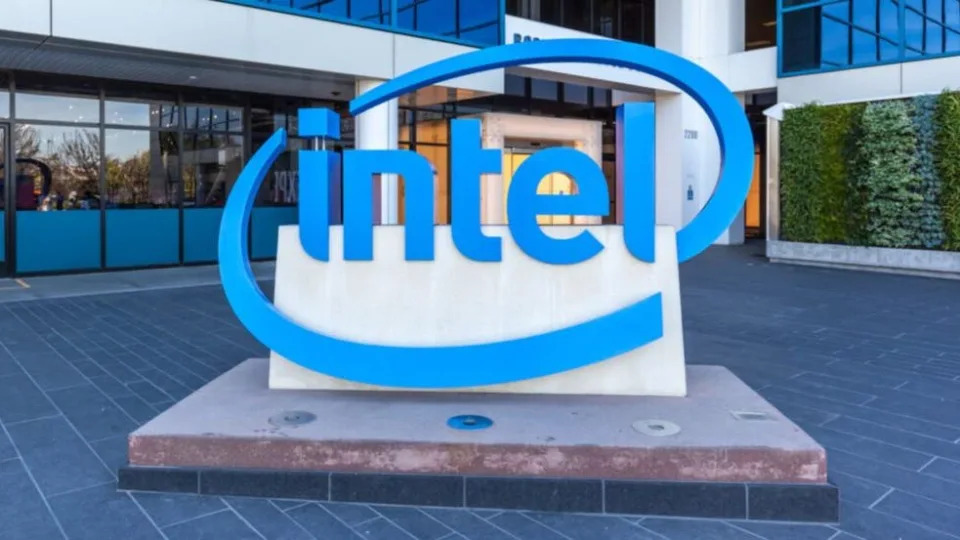Study Design
The Denali Therapeutics Phase II/III trial of DNL343, a novel therapeutic under investigation, has unfortunately failed to meet its primary endpoint in the treatment of Amyotrophic Lateral Sclerosis (ALS). The study was designed to assess the efficacy and safety of DNL343 as a potential treatment for this devastating neurodegenerative disorder.
Primary Endpoint Analysis
The primary endpoint of the trial, which was set at a 24-week follow-up, focused on evaluating changes in disease severity using the ALS Functional Rating Scale-Revised (ALSFRS-R) and survival rates among participants. The study enrolled 186 patients receiving DNL343 and an additional 139 patients who were administered a placebo as part of the HEALEY ALS Platform trial.
Disease Severity Assessment
The ALSFRS-R, a widely accepted measure for assessing motor symptoms in ALS, was used to track changes in disease progression over time. This endpoint provided critical insights into the therapeutic potential of DNL343 by quantifying improvements (or lack thereof) in patients’ functional capabilities and quality of life.
Survival Analysis
Survival rates were another key component of the primary endpoint evaluation. The study aimed to assess whether DNL343 could extend the time until death or improve overall patient outcomes compared to a placebo. Data on survival rates up to week 24 were analyzed, with results indicating no significant difference between the treatment and control groups at this time point.
Secondary Endpoints
While the primary endpoint failed to meet expectations, secondary endpoints provided additional insights into the broader safety and efficacy profile of DNL343. These included measures of respiratory function and muscle strength, which were evaluated as part of the study design. Unfortunately, none of these secondary endpoints showed statistically significant differences between the treatment and placebo groups at week 24.
Safety Profile
Despite the failure to meet its primary endpoint, Denali Therapeutics reported that DNL343 was well-tolerated by all participants. No serious adverse events were observed during the trial, and the safety data suggested that the drug could potentially be administered safely in clinical practice without compromising efficacy.
Clinical Implications
The Phase II/III HEALEY ALS Platform trial represents a significant milestone in the development of novel therapies for ALS. The failure to meet the primary endpoint does not diminish the importance of this study, as it provides valuable insights into the safety and efficacy profile of DNL343. Further analyses are expected later this year, which will include advanced biomarker evaluations such as neurofilament light (NfL) and other physiological markers. Additionally, pre-specified subgroup analyses and extended outcomes data from the active treatment extension period will be incorporated into the final results.
Statement from Denali Therapeutics
In a heartfelt acknowledgment of the collective effort invested in the HEALEY study, Denali Therapeutics’ chief medical officer Carole Ho expressed gratitude to the trial participants, investigators, and the broader ALS community for their unwavering support. She emphasized that the HEALEY platform has proven to be an innovative and efficient framework for evaluating novel therapies like DNL343.
"Despite the challenges posed by this Phase II/III trial, we remain optimistic about the potential of DNL343 as a therapeutic agent for ALS," said Ho. "We are particularly excited about the upcoming analyses that will provide deeper insights into the drug’s effects on neurofilament light and other biomarkers. These additional data points will help guide future research efforts and contribute to our understanding of how best to treat this condition."
"Moreover, we are committed to using these results as a foundation for further clinical development," she added. "The extended outcomes period will allow us to monitor the long-term safety and efficacy profile of DNL343 in a more comprehensive manner."
Next Steps in Development
In light of the current findings, Denali Therapeutics has outlined several next steps in the development of DNL343. These include:
- Safety and Efficacy Studies: Further exploration of the drug’s safety profile and potential efficacy at extended time points will be conducted to ensure patient safety while maintaining therapeutic benefits.
- Advanced Biomarker Analysis: The integration of neurofilament light (NfL) and other physiological markers into the clinical trial framework will provide deeper insights into the biological mechanisms underlying DNL343’s effects on ALS.
- Expanded Outcomes Period: An extended follow-up period will be implemented to assess the long-term safety and efficacy profile of the drug, ensuring robust conclusions about its therapeutic potential.
Conclusion
While the Phase II/III HEALEY ALS Platform trial did not achieve its primary endpoint, it remains a pivotal milestone in the quest for a groundbreaking therapy for ALS. The insights gained from this study will inform future clinical trials and contribute to our understanding of this complex neurodegenerative disorder. Denali Therapeutics continues to steadfastly pursue innovative treatments with the ultimate goal of improving the lives of patients living with ALS.



